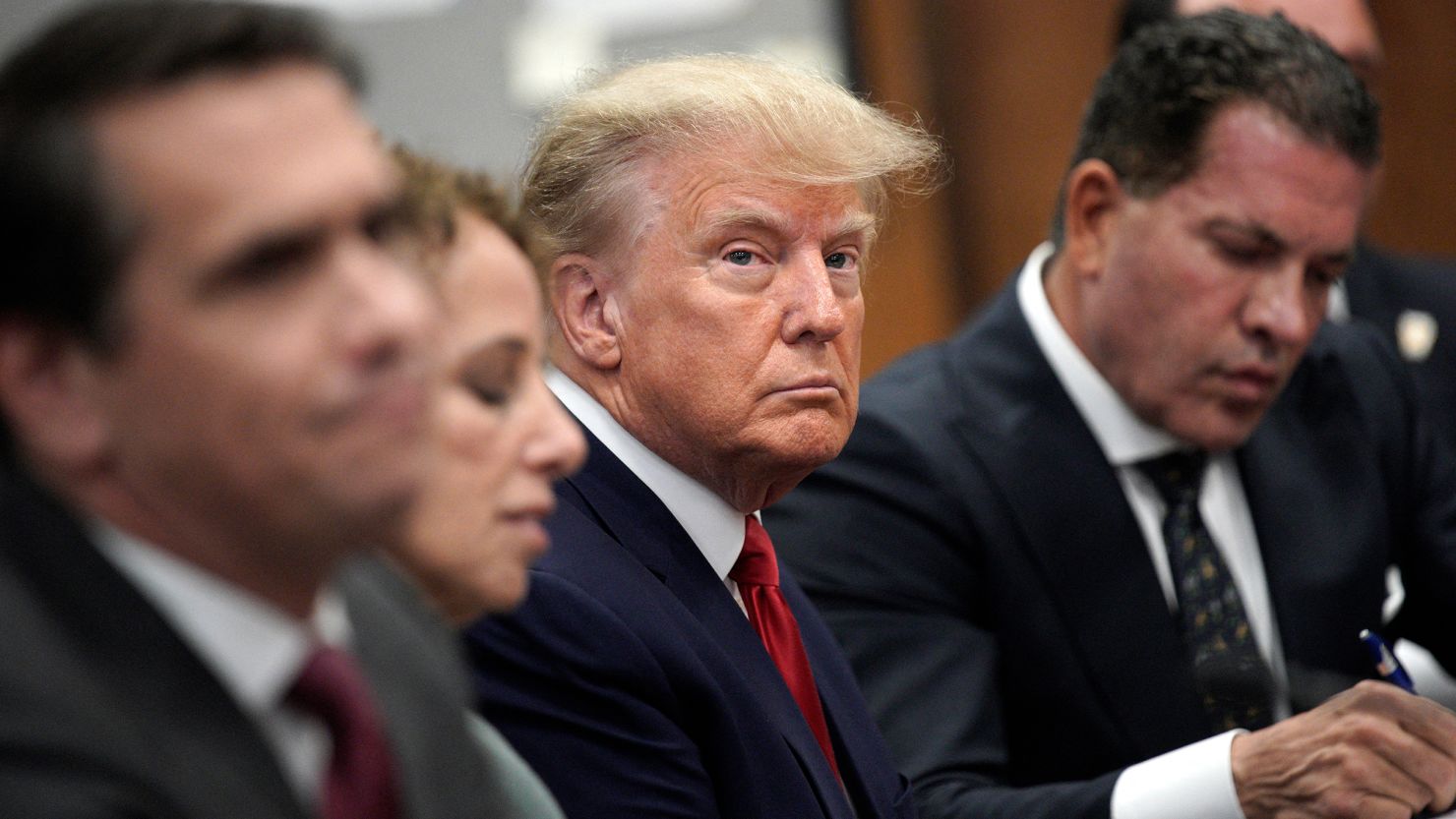
The Supreme Court has denied former President Donald Trump’s request to block the release of his tax returns to a House committee, escalating the legal battle over his financial records.
The case stems from a subpoena issued by the House Ways and Means Committee in 2019, seeking Trump’s tax returns from 2015 to 2020 as part of an investigation into his compliance with tax laws. Trump has repeatedly resisted the subpoena, arguing that it is politically motivated and exceeds the committee’s authority.
The lower courts have rejected Trump’s arguments, ruling that the committee has a legitimate legislative purpose for requesting the tax returns and that the subpoena is not overly broad. The Supreme Court’s denial of Trump’s appeal upholds these rulings and clears the way for the committee to obtain his tax records.
The decision has significant political implications, as it marks a major setback for Trump’s efforts to shield his financial dealings from public scrutiny. The tax returns could potentially reveal information about Trump’s income, assets, and liabilities, as well as any potential conflicts of interest or tax violations.
The release of Trump’s tax returns could also have an impact on the ongoing criminal investigation into his business practices by the Manhattan District Attorney’s office. The district attorney has already subpoenaed Trump’s tax returns as part of the investigation.
The case raises important constitutional issues regarding the separation of powers and the limits of congressional oversight. Trump’s supporters argue that the House Ways and Means Committee is overstepping its authority by seeking his tax returns, which are considered private information.
However, supporters of the committee maintain that it has a legitimate legislative purpose for requesting the tax returns and that the information is relevant to its investigation. They also argue that the Supreme Court’s decision upholds the principle of congressional oversight and ensures that the president is not above the law.
The Supreme Court’s denial of Trump’s appeal is a significant victory for the House Ways and Means Committee and represents a major setback for Trump’s efforts to shield his financial dealings from scrutiny. The release of Trump’s tax returns could have significant political and legal implications, including providing fodder for the ongoing criminal investigation into his business practices.
The case also raises important constitutional issues regarding the separation of powers and the limits of congressional oversight. The Supreme Court’s decision suggests that the courts are generally reluctant to interfere with congressional investigations, even when they involve the president.
